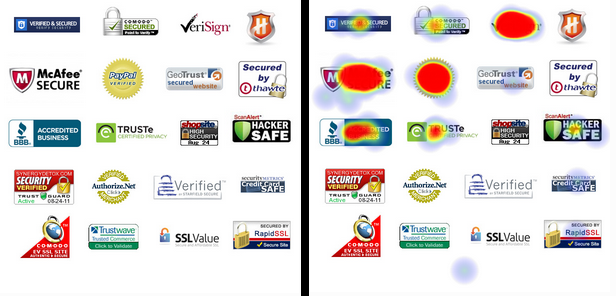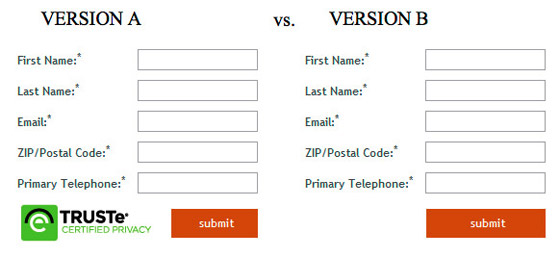They can be worth it to help increase consumer trust. They are not a magical bandaid to guarantee sales though. No mark or security cert is going to help fix a poorly designed checkout or sales experience if that is what is causing you to lose sales though.
The effectiveness of trust marks really does depend on the type of site and the particular trust mark. Several studies from 2011 on e-commerce sites and trust marks showed that certain marks were more trusted and more likely to influence a sale than others. The most recognized and trusted marks were from PayPal, McAfee and Verisign with recognition and trust in that particular mark falling off rapidly from there. Many Better Business Bureaus and other sites such as antifraud sites, lawyer's and others are advocating that people do look for these trust marks.
That being said, will purchase of one of these trust marks increase your sales by a set number? That is impossible to say. No trust mark can guarantee that you will make more sales, or have better conversions as there is so much more that goes on. Whether the cost is worth it is entirely up to you and your company. This would be an excellent point at which a focus group study would aid you in figuring out if it is worth it, or if there are other problems with your sales site that even that mark will not be enough to overcome.
One thing to note from those studies though was that above and beyond the trust mark, consumers were most often influenced by the presence or lack thereof of the green lock in the address bar when making a purchase.
Link to site that provides more info on the study referenced and a link to the study: https://econsultancy.com/blog/7941-which-e-commerce-trustmarks-are-most-effective/
Updated study from 2014: https://econsultancy.com/blog/64459-which-ecommerce-security-logos-do-users-trust-do-they-matter/


